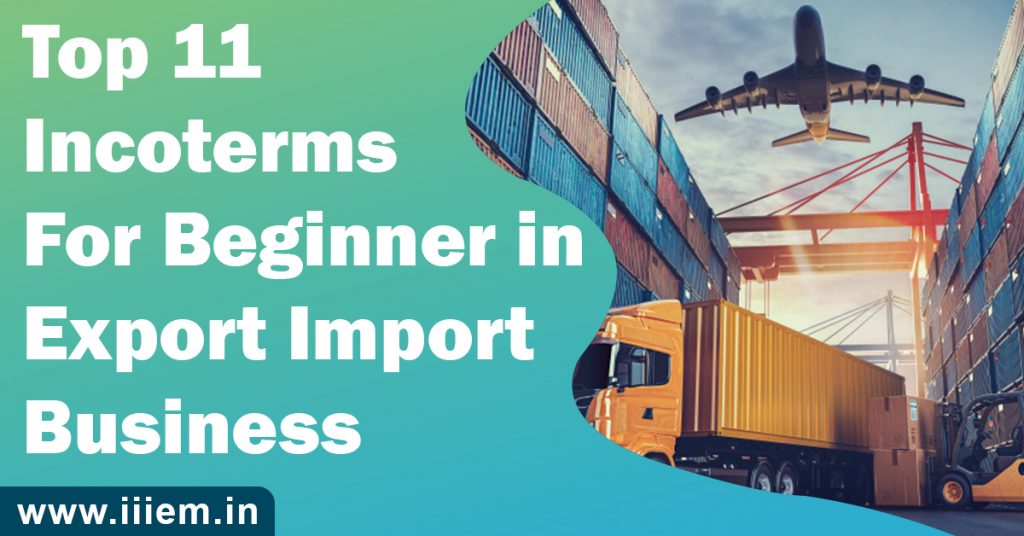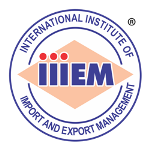
Being a beginner into the Export and Import business and doing business without help can be confusing, but luckily, there is a system, which can help to simplify matters and that system is known as Incoterms.
Incoterm (International Commercial Terms) is a trading agreement rule adopted by parties of different countries, for make agreements as well as shipping contracts easier. They help to clarify who holds the responsibility, cost, and risk. Incoterms are been reviewed after one decade only.
There are eleven different types of Incoterms rules. Based on the needs, trading partners can select which rule he wishes to use for the shipments. The eleven Incoterms are been explained as under –
- EXW: Ex Works – In this Incoterm, it is the duty of the seller to provide the services and goods at a named place that is been specified by the buyer. From that place, the buyer would be responsible.
- FOB: Free on Board – In this Incoterm, it is the responsibility of the seller to deliver the product/s onto the ship which is been said by the buyer. The buyer pays for – insurance, onward transport, other transport charges, bill of lading fees, unloading charges.
- FCA: Free Carrier – This Incoterm makes the seller fully liable for delivering export-cleared goods to a buyer specified place.
- FAS: Free Alongside Ship – As per this Incoterm, shipment has to be done by vessel only and not by land or air. Seller is only liable for the cost and the associated risk until the delivery point.
- CFR: Cost and Freight – It is an ocean shipment Incoterm in which the supplier carries the risk for the product till the specified destination port.
- CIF: Cost, Insurance & Freight – It is a water shipment Incoterm. It is the duty of the seller to insure the goods to their destination port at 110% of the total value.
- CPT: Carriage Paid To – The seller or supplier pays for carriage to a named destination. As soon as the goods are been handed over to the carrier person, the risk would pass to the buyer.
- CIP: Carriage and Insurance Paid to – It is similar to CPT but seller must also insure the goods in the shipment for 110% of the contract value.
- DAT: Delivered at Terminal – As per this Incoterm rule, seller has to deliver as well as unload the goods along with paying all of the necessary fees.
- DAP: Delivered at Place – In this the seller has to deliver the goods to the buyer at the named place of destination.
- DDP: Delivered Duty Paid – Seller has to deliver the goods to a named place in the buyer’s country and pay all the associated costs.
-
You should follow this video to know what are the changes will be done in the incoterms in 2020.
Importance of Incoterms –
- Helps to standardize all the contract related responsibilities
- Helps to avoid problems between partners who speak different languages
- It helps you to avoid been caught unawares with an unexpected cost.
- Helps to promote business relations
